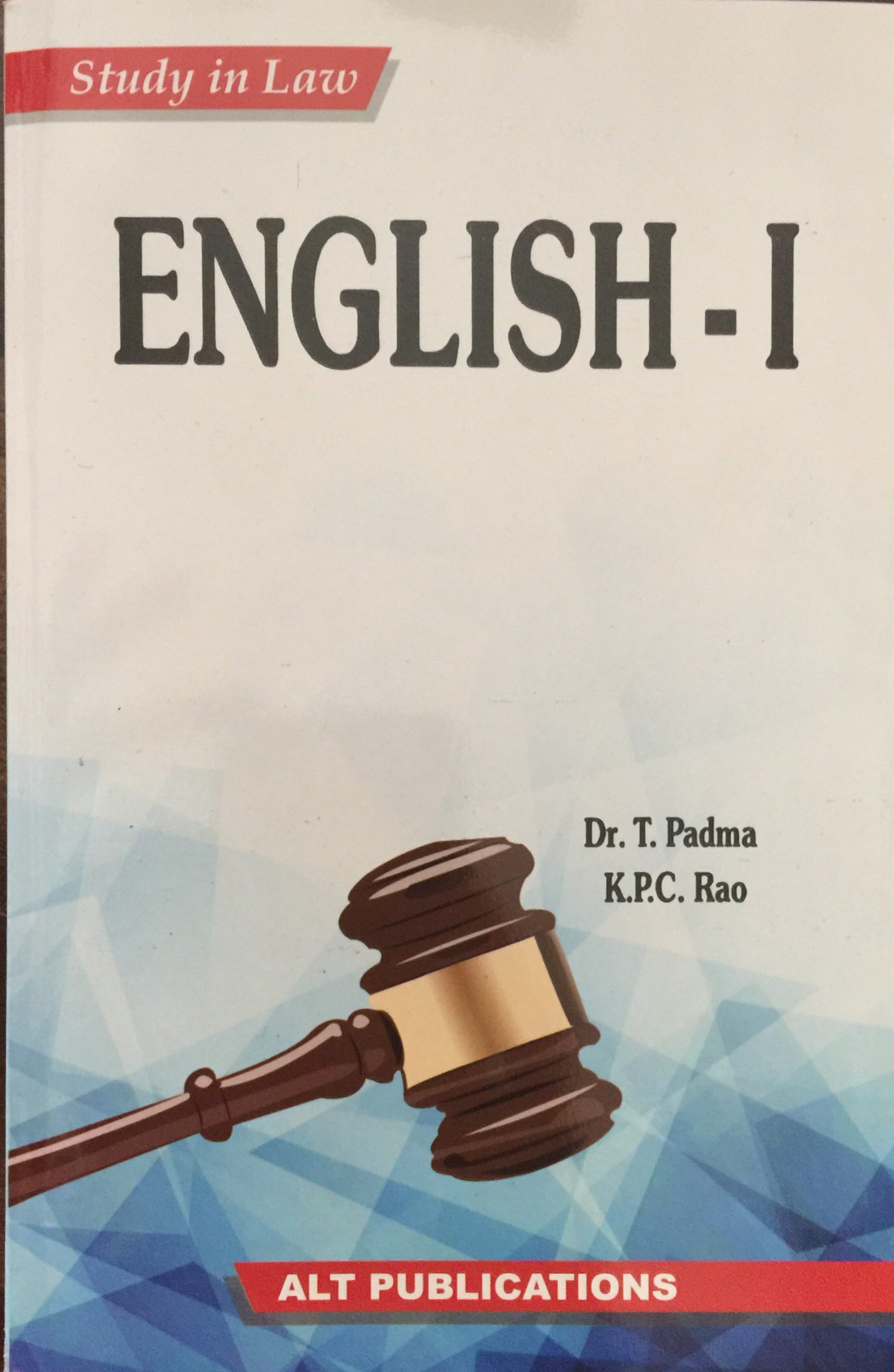English is a West Germanic language that arose in the Anglo-Saxon kingdoms of England and spread into what was to become south-east Scotland under the influence of the Anglian medieval kingdom of Northumbria. Following the economic, political, military, scientific, cultural, and colonial influence of Great Britain and the United Kingdom from the 18th century, via the British Empire, and of the United States since the mid-20th century, it has been widely dispersed around the world, become the leading language of international discourse, and has acquired use as ‘lingua franca’ in many regions. It is widely learned as a second language and used as an official language of the European Union and many Commonwealth countries, as well as in many world organizations. It is the third most natively spoken language in the world, after Mandarin Chinese and Spanish. Because English is so widely spoken, it has often been referred to as a “world language”, the “lingua franca” of the modern era, and while it is not an official language in most countries, it is currently the language most often taught as a foreign language.
Campaign to promote ‘plain’ speaking and writing developed in Britain and the USA in the late 1970s as a method of attacking the over-complicated language used by government, local authorities and businesses to communicate with the public. The writing and setting out of essential information in a way that gives a co-operative, motivated person a good chance of understanding the document at first reading, and in the same sense that the writer meant it to be understood. The aim is to replace this ‘gobbledegook’ and ‘babblegab’ with clearer forms of expression. Well known examples include ‘collateral damage’ (civilians killed in a war) and ‘negative patient care outcome’ (death). However, support for plain English speaking and writing is not new. For example, in 1550 Edward VI remarked: ‘I wish that the superfluous and tedious statutes were made more plain and short, to the intent that men might better understand them.’ Opposition to plain English documents has come largely from the legal profession, which fears the risk of ambiguity and increased litigation they foresee could result from movement away from the tried and tested legal formulations. Nevertheless, lawyers now accept that simplifying grammatical structure, adding punctuation and eliminating archaic and Latin expressions will save them time and money and simplify their job because their documents become more intelligible.
Latest changes in the legal writing are intended to shift attitudes towards openness and fairness and away from adversarialism, where each party attempts to score points over the opponent. A move towards plain English is seen as part of this shift. In tune with these trends, the words like ‘plaintiffs’ became ‘claimants’; ‘pleadings’ became ‘statements of case’; ‘Mareva injunctions’ became ‘freezing orders’; ‘Anton Piller orders’ became ‘search orders’, etc.
In this book, we have covered the basics of English language like formation of simple, complex and compound sentences, paragraph writing, formal correspondence, communication skills etc., based on the revised syllabi of five year law degree course with effect from the academic year 2009-2010.
We owe our gratitude to Mr. D. Durga Prasad, LL.B, FCS, for his personal attention, inputs and technical support. Our thanks are also due to Mr. M. Venkateswarlu for his wholehearted and efficient secretarial support in bringing out this Book.
